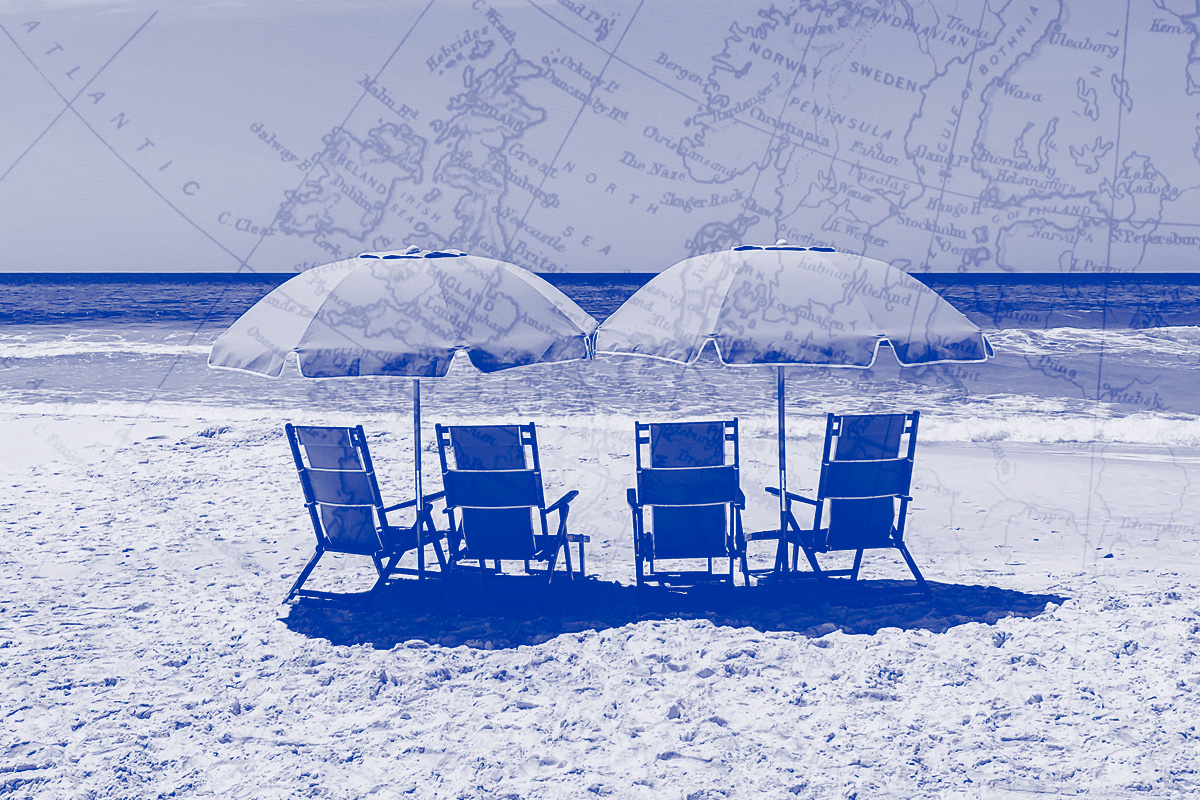My COVID summer season - EU plans for safe travels

date: 25/05/2020
As the good weather returns, many of us are wondering whether we’ll be allowed to travel to our summer destinations after weeks of confinement. Europeans would like to be reassured that there will be hotels, campsites, restaurants and cafes to go to, trekking paths, waterfronts and cycling trails accessible, and cultural attractions open to visit, but above all they want to know that they will be as safe as possible from infection risks.
Tourism sector hardest hit by COVID-19
Tourism is one of the sectors hit hardest by the pandemic as lockdowns have all but brought it to a halt. The sector is experiencing a fast and sharp drop in demand and a surge in unemployment, especially in those European countries that are particularly reliant on tourism, such as France, Greece, Italy and Spain. Tourism is vital to the EU as a whole, accounting for 10% of the EU’s GDP and 12% of jobs.
Helping European tourism get back on track while staying safe and healthy
In this context, EU ministers responsible for tourism met (virtually) on 20 May to discuss how to help EU countries coordinate the gradual lifting of travel restrictions, how to allow tourism businesses to reopen while respecting health precautions, and how to speed up the recovery of European tourism.
Discussions were based on recent detailed guidance from the European Commission to keep travellers, transport workers and staff from the tourism sector safe, and reboot Europe’s tourism.
Let’s see what these guidelines say and what holidays in the time of coronavirus will actually mean.
How will your travel change?
The EU proposes an approach in phases, starting by lifting restrictions between areas or EU countries with approximately ‘similar epidemiological situations’. This means that people in countries with similar levels of infections should be able to travel more freely. The following measures are also encouraged:
- travellers should buy tickets and check in online, to avoid gatherings e.g. at ticket machines
- ‘containment measures’ should be in place throughout the whole journey, including at border crossings, where social distancing cannot be respected
- fewer passengers may be allowed on board (e.g. buses, trains, ferries) to facilitate physical distancing, and passengers who are not from the same household may be seated apart
- where physical distancing is more difficult, additional safeguards should be put in place, such as the wearing of face masks
- sanitising gel should be freely available during journeys
- food and drinks may no longer be served on board to minimise contact
What about at the destination?
The health of guests and workers must be made paramount for tourism to return. This is why all tourism staff should receive training on prevention and be able to recognise COVID symptoms.
Hotels and restaurants are encouraged to limit guest numbers so they can respect social distancing rules. Maintaining social distancing in hotels and restaurants could also mean allocating slots for meal times or pool and gym visits.
Hotels and other establishments should clearly provide information on all measures applied and to be followed. As a guest, you should also receive all the necessary information on current guidance from local public health authorities prior to arrival and in the place you are staying.
How can I get information about where restrictions are still in place?
Clear communication and full transparency are essential conditions for restoring trust in travel and tourism. EU countries should therefore regularly communicate on the state of play of restrictions.
The Commission will support this communication effort by displaying on its website the list of internal border controls in place along with real-time data, as well as links to other relevant information for travellers (on the local health situation, health services, applicable health protocols, etc.).
Journey cancellation by the operator: vouchers v. refunds
Travellers have the right to choose between vouchers or cash reimbursement for cancelled transport tickets. But as the pandemic has put a serious financial strain on travel operators, the EU has called on transport companies to make vouchers a more attractive option for customers.
Companies should ensure vouchers have a minimum validity period of 12 months. If the voucher has not been used, the company should reimburse the amount within 14 days. If a voucher is valid for longer than 12 months, the customer should have the right to a refund after 12 months if they choose.
Not enough information? Check out the practical guide Travel and tourism in Europe
